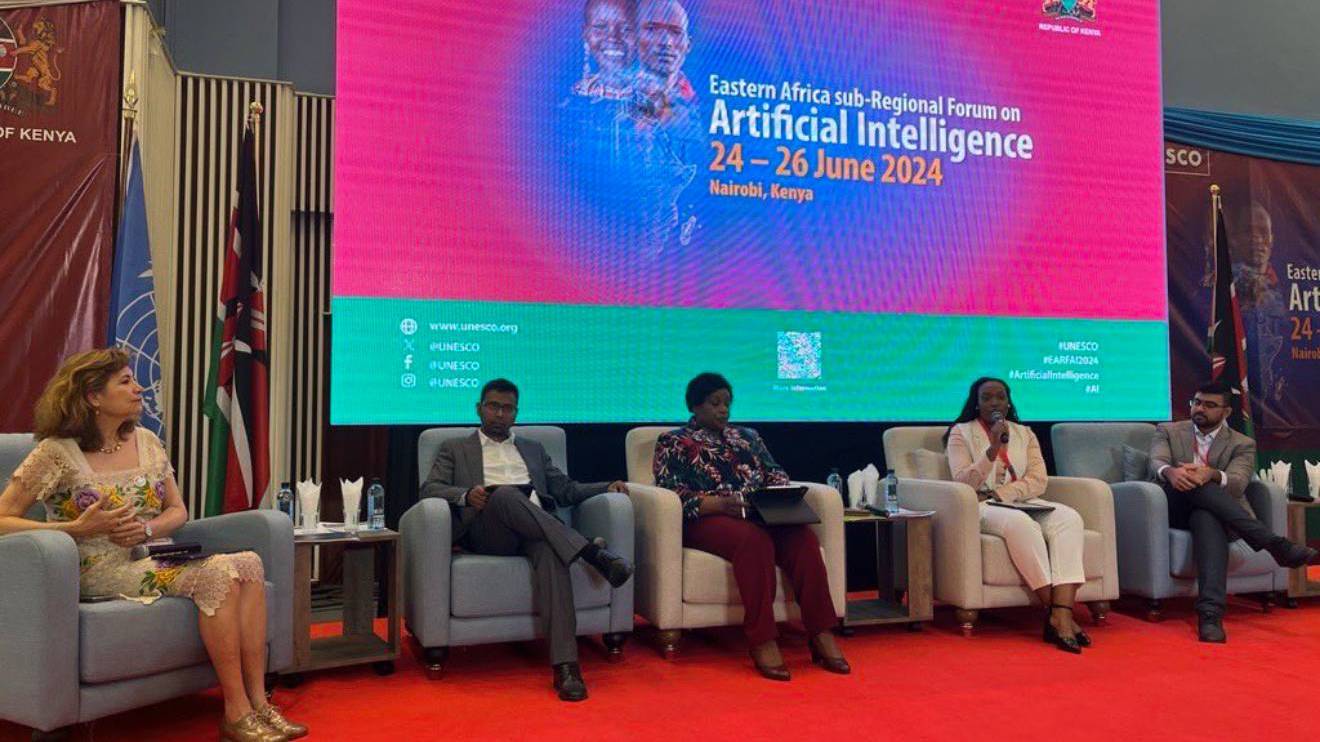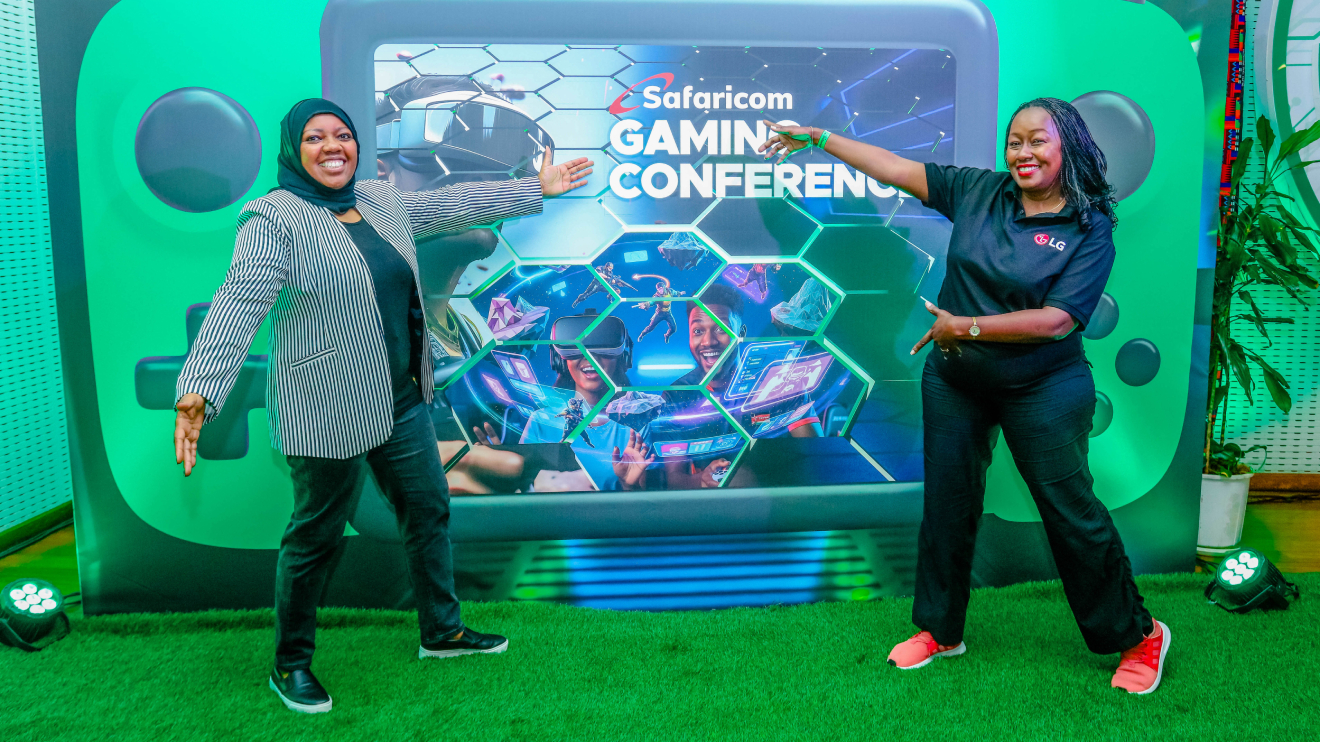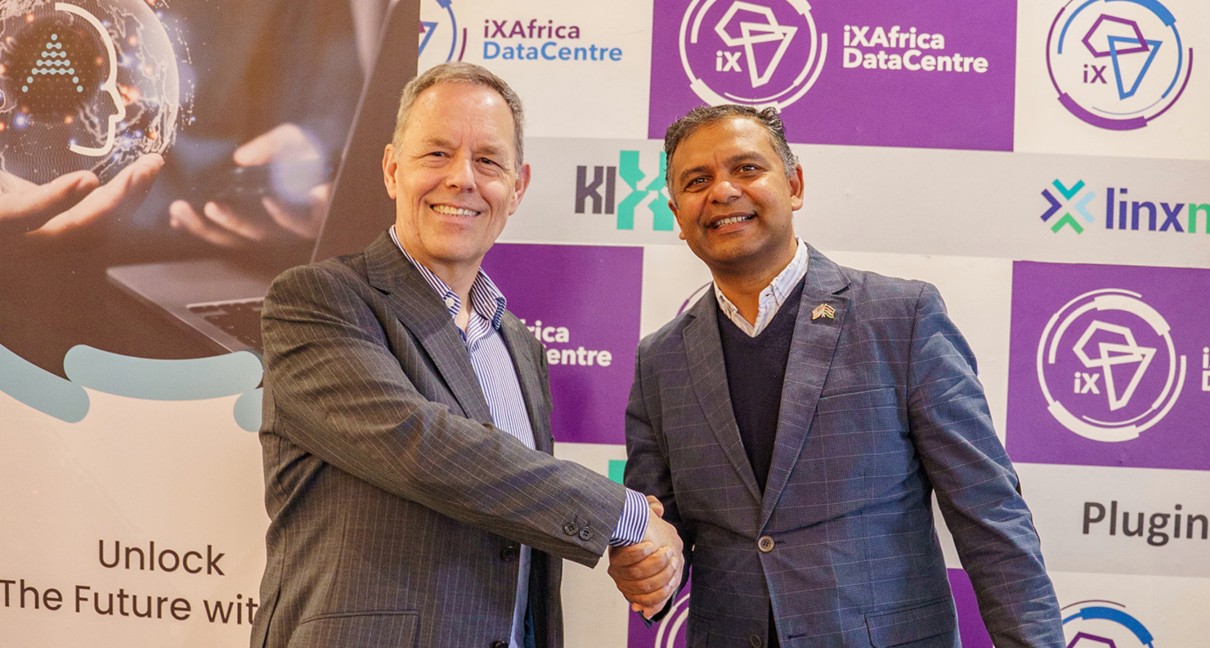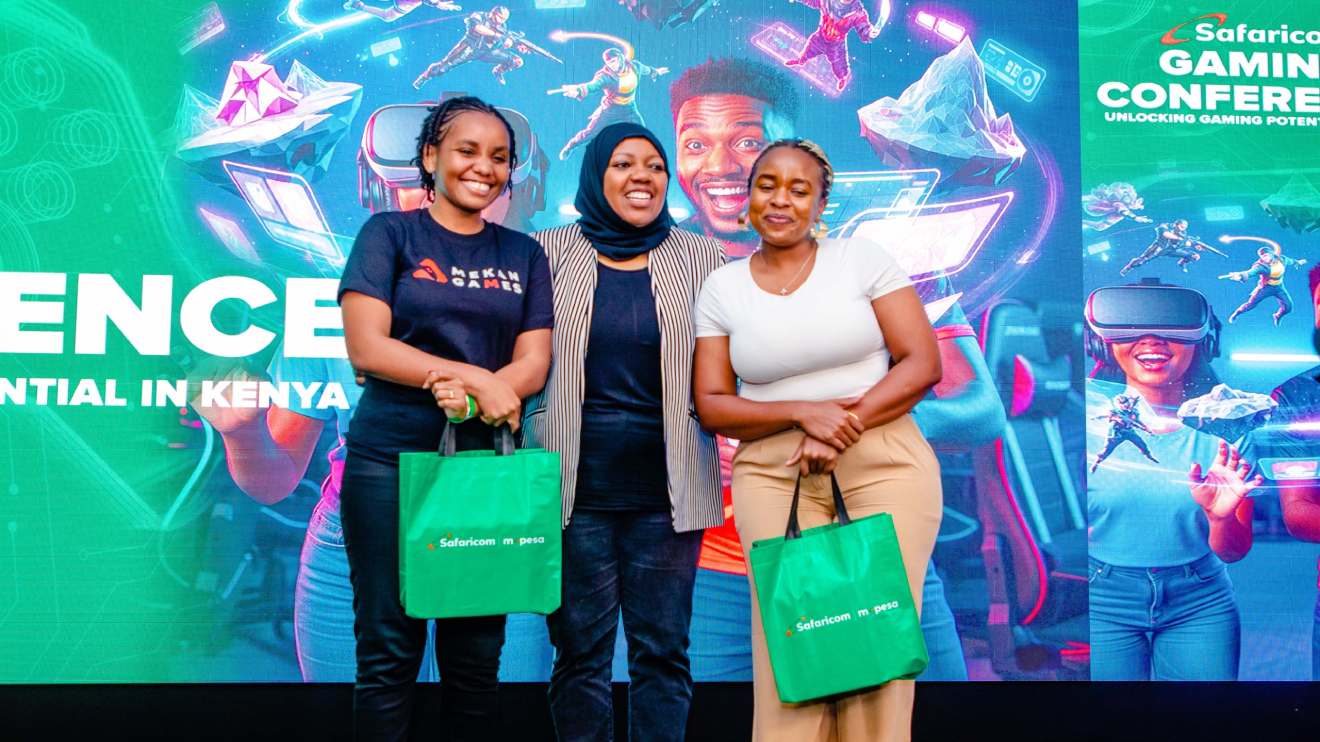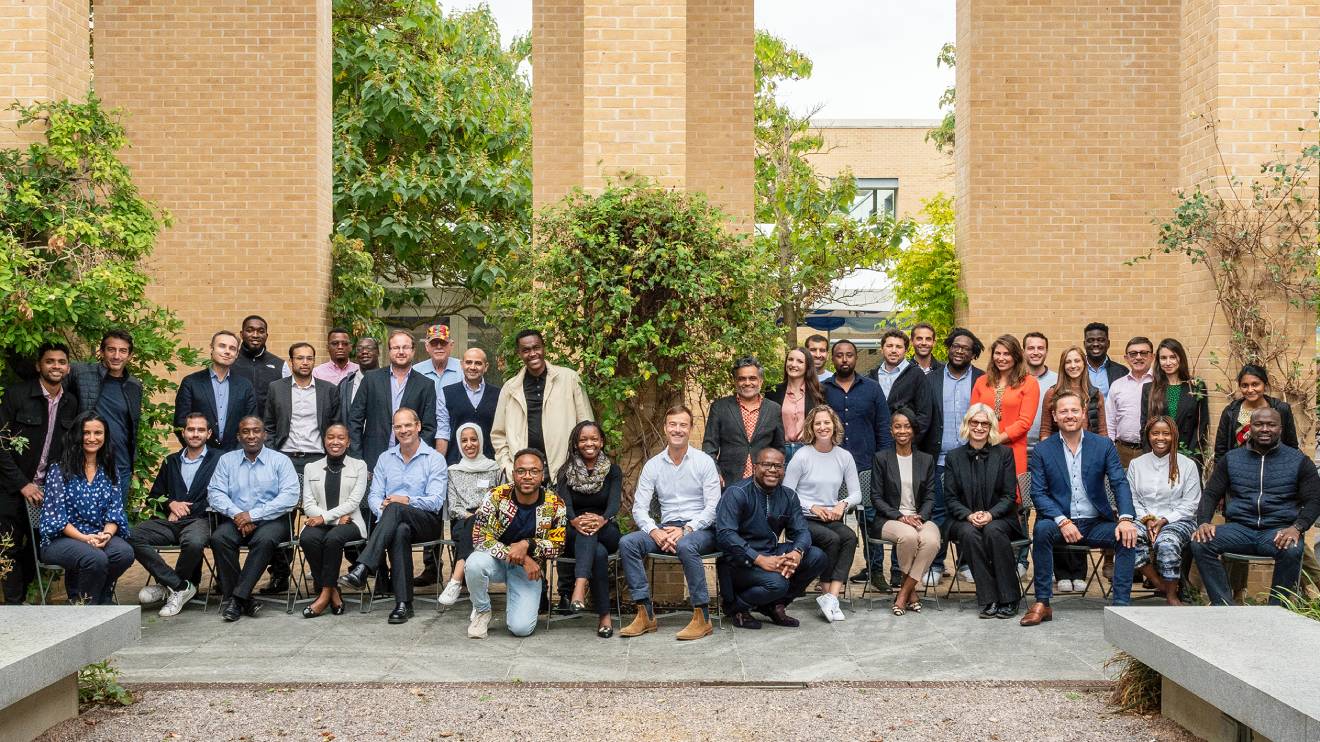In a landmark initiative, technology leaders Safaricom, Microsoft, and Lenovo have come together to promote the education of East African youths in the rapidly evolving field of artificial intelligence (AI).
This commitment was made public at the UNESCO-backed forum on AI, aimed at charting a course for East African nations.
The forum highlighted the importance of working with African innovators to develop AI technologies tailored to the region’s unique needs.
Akua Gyeke, the Corporate, External, and Legal Affairs Director for Microsoft’s Africa, outlined Microsoft's ambitious plan to address the digital skills gap.
“We recognise that there are challenges contextual to Africa, such as connectivity and digital skills,” Gyeke remarked.
Read More
She introduced Microsoft's Youth in Africa Initiative, which aims to equip 50,000 young people with essential AI knowledge and skills.
“We aim to enhance connectivity and digital skills in the country,” she added.
Safaricom is also taking significant steps to support this initiative by enhancing university curricula and setting up innovation labs.
Andrew Masila, Safaricom’s Lead for Innovation Tech and Research, revealed that the company would also provide financial backing to startups, harnessing its internal expertise to foster innovation.
Meanwhile, Lenovo emphasised the necessity of ethical AI usage.
The company noted that recent technological advancements have been life-changing, particularly for individuals facing communication challenges.
This collaboration among Safaricom, Microsoft, and Lenovo represents a pivotal movement towards embedding AI into the African context.
By pooling their resources and expertise, these companies are paving the way for a new generation of tech-savvy youths in East Africa, poised to make significant contributions to the global digital economy.

